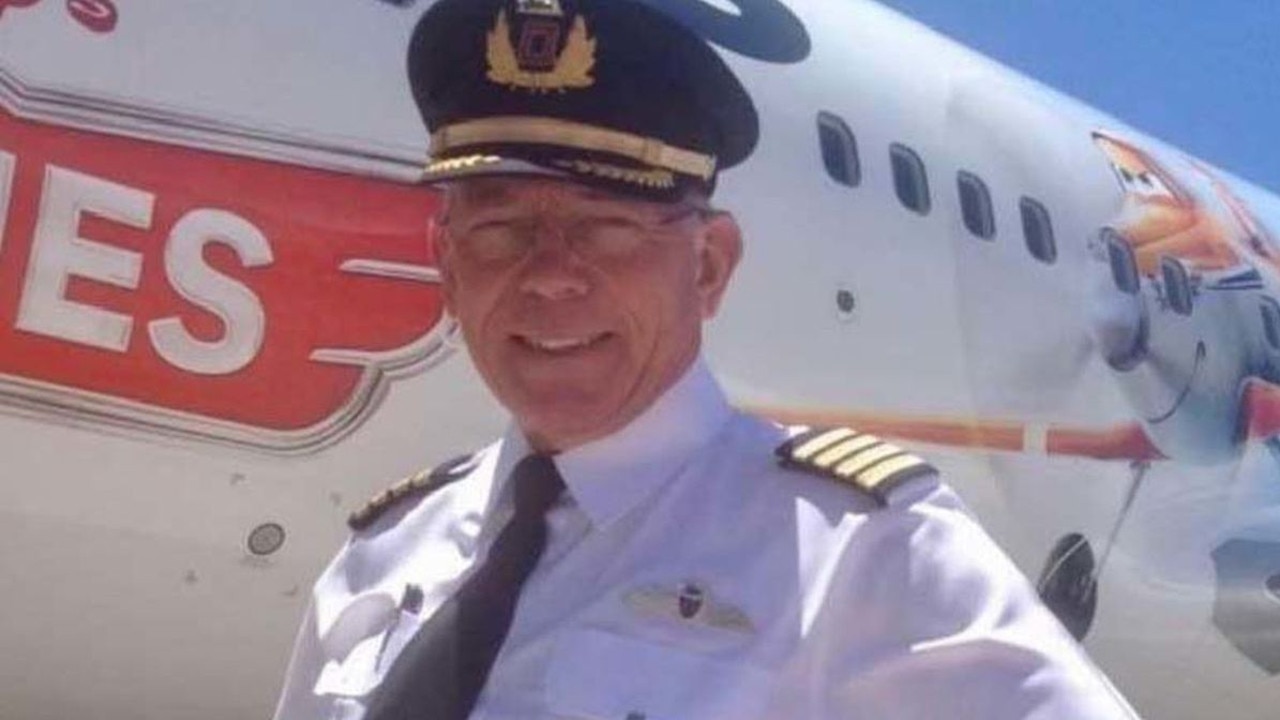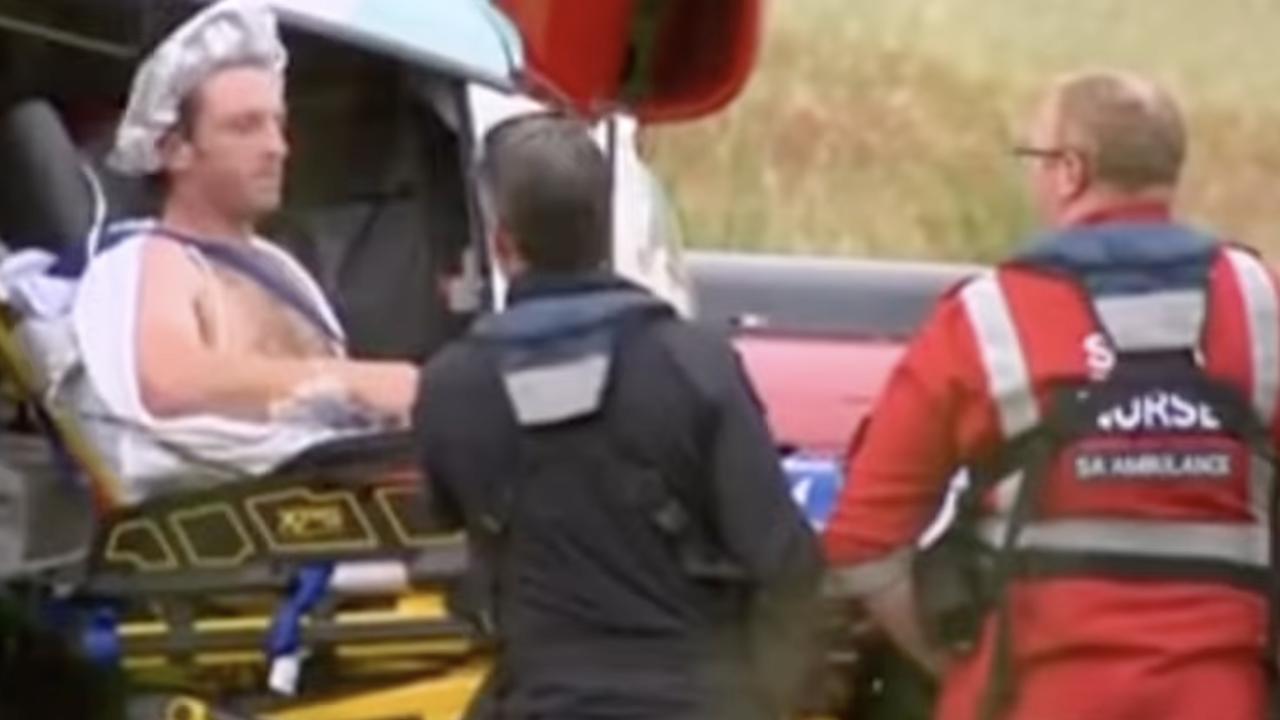‘Tightening security won’t stop terror attacks in airports’, counter terrorism expert says.
TERRORIST attacks in major airports are becoming alarmingly common. Worse, the solutions proposed don’t work.
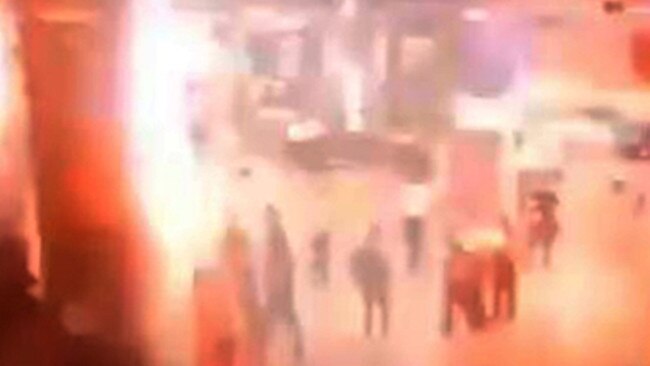
INTERNATIONAL airports have become a popular target for terrorist attacks but no amount of security will ever make them terror proof, a counter terrorism expert says.
Counter terrorism expert Clarke Jones said terrorists now had a “far greater intent to attack airports because of their symbolism as an international hub with lots of international travellers”.
“Attacks carried out in airports pose a maximum threat to lives and have a significant impact on the economy and downturn in tourism,” Dr Jones said.
“(Terrorists) want to send a shiver down the spine of the population and through to the government.”
Dr Jones’ comments come in the wake of the terror attacks at Istanbul’s Ataturk Airport, Turkey on Tuesday.
Three suicide bombers opened fire on civilians before blowing themselves up at the entrance to one of the busiest airports in the world. At least 42 people were killed and hundreds wounded.
No one has claimed Tuesday’s attack yet but Turkish authorities said they suspected Islamic State jihadists.
Turkey President Recep Tayyip ErdoÄŸan said the attacks were “done with no specific goal in mind but to create propaganda against our county using the blood and pain of innocent people”.
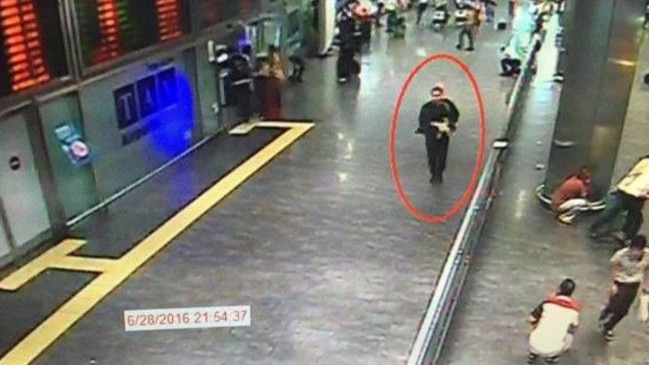
IS has a history of airport attacks. The devastation at Istanbul’s airport follows the March attack on Brussels Airport, where two suicide bombings ripped through check-in counters, followed by a third explosion at Maelbeek metro station, killing 32 people and injuring many more. IS claimed responsibility for the attacks in Brussels.
Some security experts have since suggested restricting non-travelling relatives from terminals, and introducing face-recognition technology and heavily armed guards at airport entrances across the globe.
Centre for Aviation analyst David Bentley told the UK’s Financial Times following the Brussels attacks that “there has to be more security as you enter the airport, otherwise these types of attacks are going to increase”.
‘TIGHTER SECURITY IS BAND-AID SOLUTION’
But Dr Jones said tightening security to combat IS terror attacks wasn’t the answer and that “underlying social issues” needed to be addressed instead.
According to Dr Jones, it’s not possible to “terror proof” airports.
“It doesn’t matter how much you secure an airport, people will find a way around the system,” he said.
“(Tighter security is) just a Band-Aid solution.
“There needs to be more deterrents and policies around social inclusion, addressing racism and discrimination going on in various countries and the way Muslim communities feel in those countries.
“It’s underlying social issues driving (terror attacks).”
Dr Jones said IS was “indiscriminate” in carrying out widespread killings because its followers had a “twisted ideology that the rest of the world is unsafe and the only safe place is in the IS”.
‘(IS is) focusing on all ethnic backgrounds, all religions, because to them there’s only one belief system or true Muslim, and that’s to follow IS and their own ideology,” he said.
“So the aim of these attacks (from IS perspective) is to create absolute chaos whether to Muslims or non-Muslims.”
Dr Jones said major airports were “soft targets” for terrorists because they were able to carry out attacks “in the entry halls rather than behind security”.
“They don’t go through security, it’s in the entry halls rather than behind security aspect, where the families hang out, a place with a large group of people and time to cause maximum impact, it’s a soft target, an easy target,” he said.
“The airport in Istanbul is a classic example. It’s a place where it’s busy with lots of people and has the potential to disrupt economy, flow of people, international travels and tourism.
“It has a large impact on everything.”
The attack on Europe’s third-busiest airport is one of the deadliest in a series of suicide bombings in Turkey, which is struggling to contain the spillover from neighbouring Syria’s civil war and battling an insurgency by Kurdish militants in its southeast.
Iranian Foreign Minister Javed Zarif tweeted on Tuesday night: “Terror rears its ugly head yet again in our friend & neighbour’s airport.
“Extremist violence is a global threat; we must confront it together.”
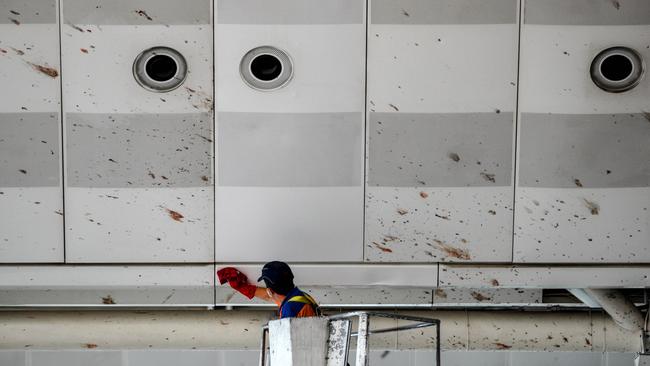
WHAT’S BEING DONE TO MAKE AIRPORTS SAFER?
Prime Minister Malcolm Turnbull said Australian airports were under constant review, and authorities would learn what they could from the attack in Turkey.
He said information about what systems or flaws allowed the attack to occur in Istanbul would form the basis of future changes to security measures here.
“What we do is learn from every single incident,” he told 3AW.
“We will be incorporating that into our own safety program.”
Dr Jones said airports in Australia were “very secure” compared to those in other countries.
“Our police and intelligence capabilities are far more sophisticated than those in many other countries,” he said.
“We have international co-operation arrangements that are very strong and authorities very much have their finger on the pulse in relation to that.
“We do have issues in Australia that need to be dealt with in relation to our discrimination between Muslim communities and broader Australia community but it’s not to the extent of problems experienced in other countries.”
The Australian Federal Police has officers present in all international airports across the country.
“Security measures at these airports are multi-layered and may involve armed mobile, canine and foot patrols, static guarding as well as specialist response armed capability,” a spokesman told news.com.au following the Brussels attacks.
In the UK, the government has issued guidelines for the design of new airport terminals to survive terrorist acts including glass that stays within its frame after a blast and even ensuring pot plants can’t be used to hide explosives.
At London’s Heathrow new terminals have been built with a 30m gap between the road and airport building to minimise the impact of car bombs.
Yet, at many Australian airports cars can drive straight up to the front door.
Some airports in Asia and at Israel’s Tel Aviv do mandatory security checks away from terminal buildings and do not allow family members of travellers into the airport to farewell or greet loved ones.
Dr Jones said the policy was impractical, “uncomfortable” and caused long delays in busy airports.
But according to him, the latest airport terror attacks were unlikely to be the last.
“In reality I would suggest the IS is faltering in Iraq and Syria,” he said.
“The IS is certainly in decline in Syria and Iraq and that’s forcing them to reach out and carry out more attacks around the world to give the impression of strength.
“To me it gives the impression they’re weakening.”


